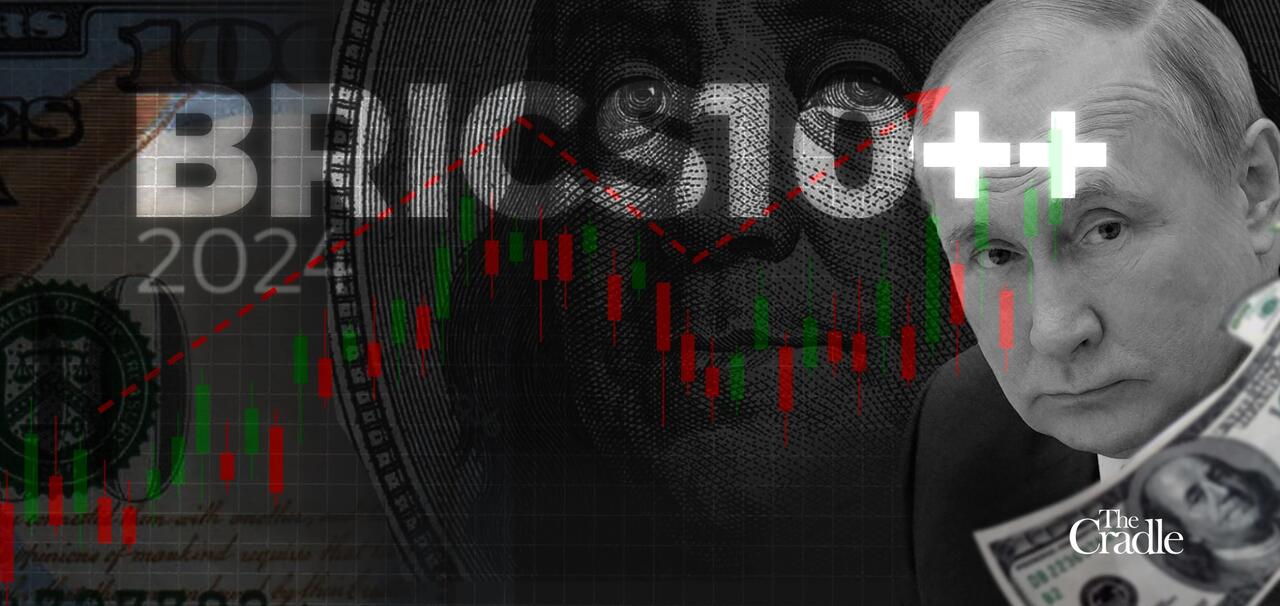
BRICS: Why Iran Joined the Alliance
Iran has recently become one of the newest members of the BRICS alliance, a move that signals a significant shift in its international relations.
Along with Iran, the BRICS bloc welcomed the United Arab Emirates (UAE), Egypt and Ethiopia into its fold during the latest enlargement. However, Argentina, led by President Javier Millay, refused to join BRICS, expressing doubts about the alliance's efficacy. Meanwhile, Saudi Arabia has been invited for membership but has yet to confirm its participation.
Among the newly admitted BRICS countries, Iran stands out with a palpable sense of optimism. The decision comes at a critical time for Iran, which is grappling with the fallout from tough US sanctions imposed over accusations of fomenting global unrest and terrorism. These sanctions have hit the Iranian economy hard, causing a downturn that has been exacerbated by a reduction in international trade and financial support.
Ehsan Khandoozi, Iran's Minister of Finance and Economy, emphasized the importance of BRICS membership as a means of attracting vital foreign investment.
The reduction in the inflow of foreign capital, a consequence of US sanctions, is stifling the prospects for economic growth in Islamic countries. Khanduzi highlighted the government's commitment to implementing sound policies aimed at curbing inflation and restoring financial stability, as conveyed to Tehran Times.
Apart from BRICS, Iran is active in creating alliances on the world stage. In particular, it joined the Shanghai Cooperation Organization (SCO) in 2023, strengthening ties with key partners such as China. In addition, Iran seeks bilateral cooperation with other SCO members, including Pakistan, Kazakhstan, Kyrgyzstan and Uzbekistan, as part of a broader strategy for diplomatic contacts. These strategic maneuvers underscore Iran's concerted efforts to diversify its diplomatic engagements and navigate complex geopolitical dynamics.
Source: cryptodnes.bg
